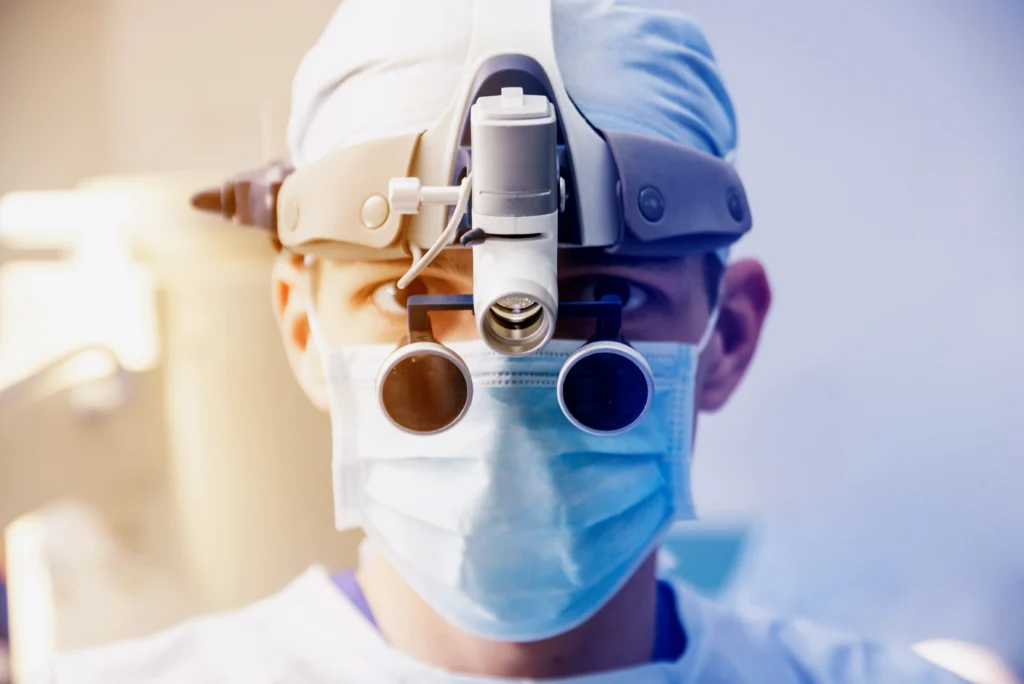Elite surgical outcomes start with evidence-based nutrition.
At SIGMA Orthopedics & Sports Medicine, we combine precision surgery with targeted nutrition science to accelerate recovery, reduce inflammation, and protect lean muscle mass. Whether you’ve undergone ACL reconstruction or rotator cuff repair, the right fuel can make all the difference.
Stimulates collagen and muscle repair.
Reduce post-op swelling.
Improves wound healing and joint lubrication.
“Nutrition is rehabilitation. Every gram of protein is a building block toward full function.”
— Dr. Frank McCormick MD

